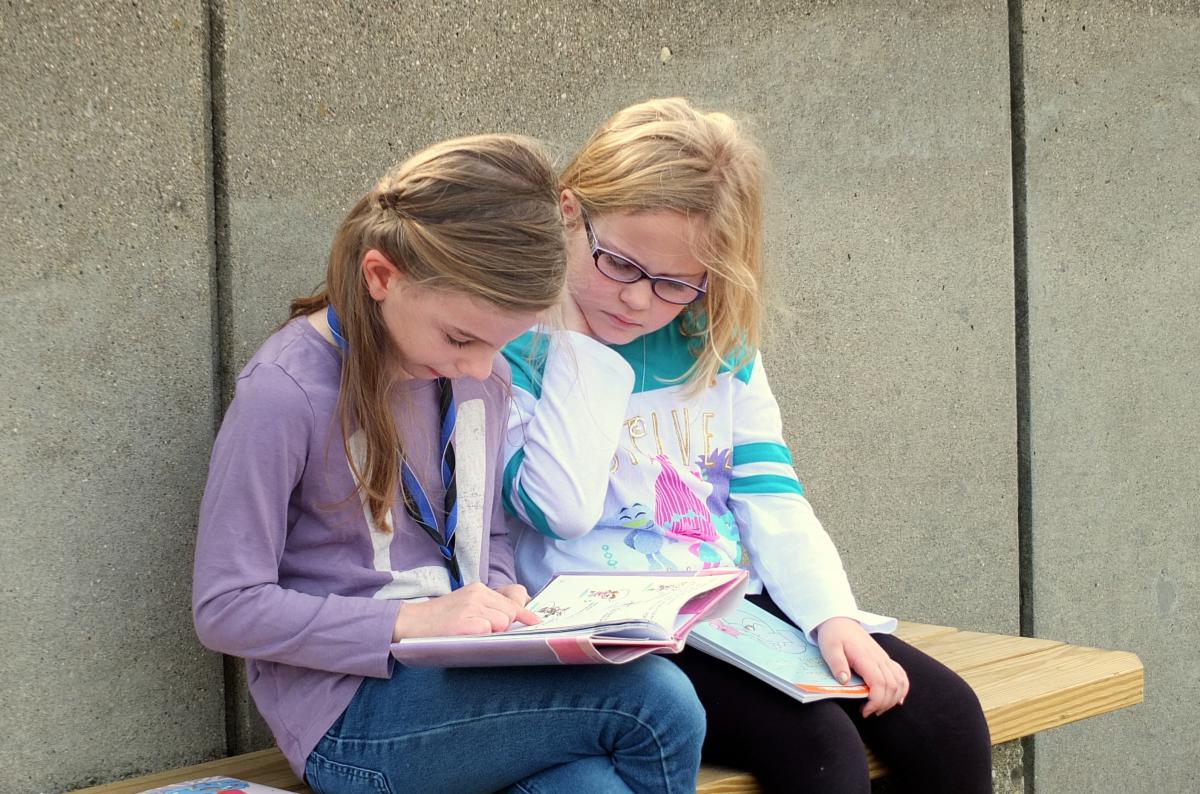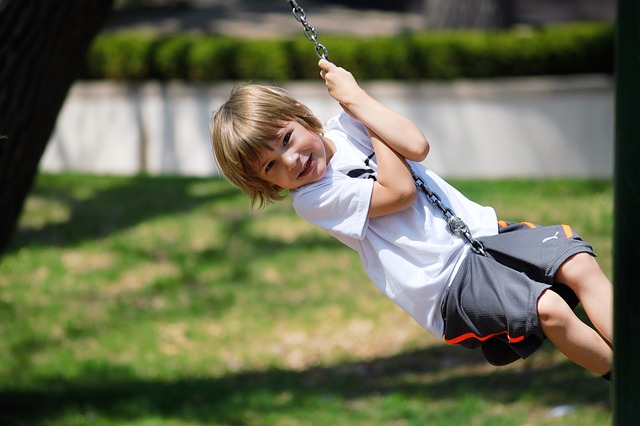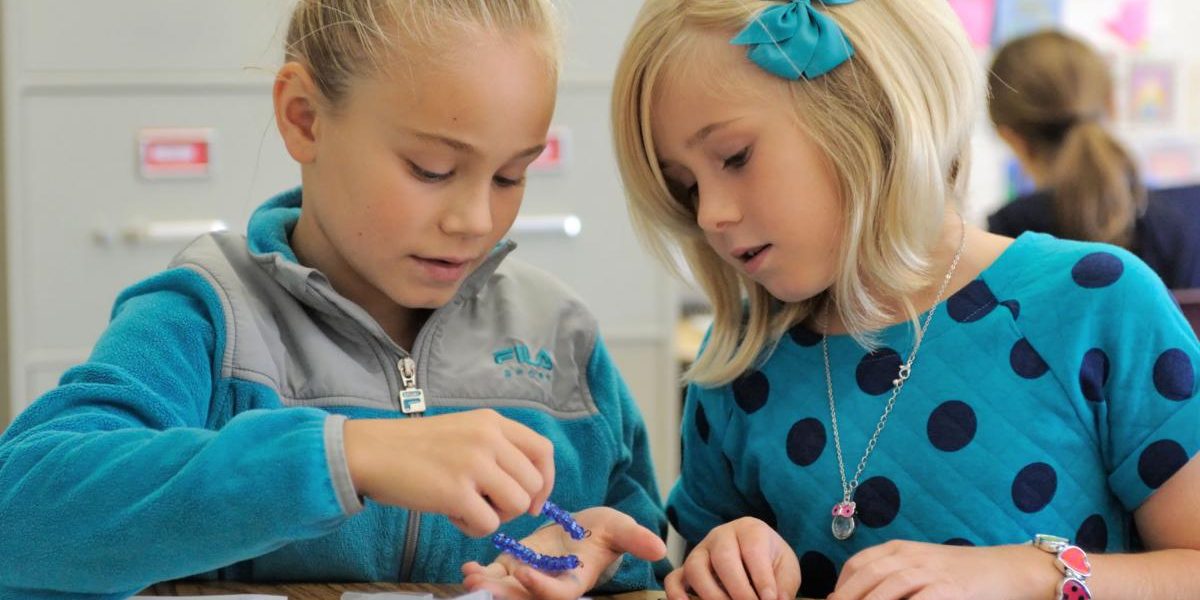
I Think My Child Has Dyslexia – Now What?
May 17, 2017
How to Support a Child with ADHD in the Summer
May 31, 2017





Giftedness, as defined by the National Association for Gifted Children, is outstanding levels of aptitude or competence in one or more domains.
That is, a child must either demonstrate very high intelligence, as measured by an IQ or cognitive ability test, or he must have extremely well developed skills in an academic area, measured by a standardized test. Can a child who has a high IQ or extremely strong skills in math also have dyslexia?
YES! Children can have giftedness and a learning disability and/or ADHD. Such children are considered to be “twice exceptional,” or 2e. Research has not yet discovered the specific cause of twice exceptionality, but studies estimate that 2-5% of school-age children are twice exceptional. However, twice exceptional children may often be misclassified or receive inadequate intervention because strong coping skills can mask the learning disability, or the learning disability may cause the student to not be able to show how capable she is. These students may not appear to need specialized instruction or an accommodation plan at school because they are able to maintain grade level expectations or are seen as an underachiever who is lazy or unmotivated. However, twice exceptional children may need additional services to help remediate or support their learning disability.
If you suspect that your high ability child is also showing signs of dyslexia or another learning disability, or if you think your struggling reader shows signs of giftedness, you can take your child to a psychologist for a full psycho-educational evaluation to investigate if he is, in fact, twice exceptional. Parents of twice exceptional children should advocate for necessary services for both exceptionalities — the giftedness and the disability — to ensure that their children receive the support they need. These children may be at a higher risk for depression, so early identification of challenges and provision of necessary supports is critical.